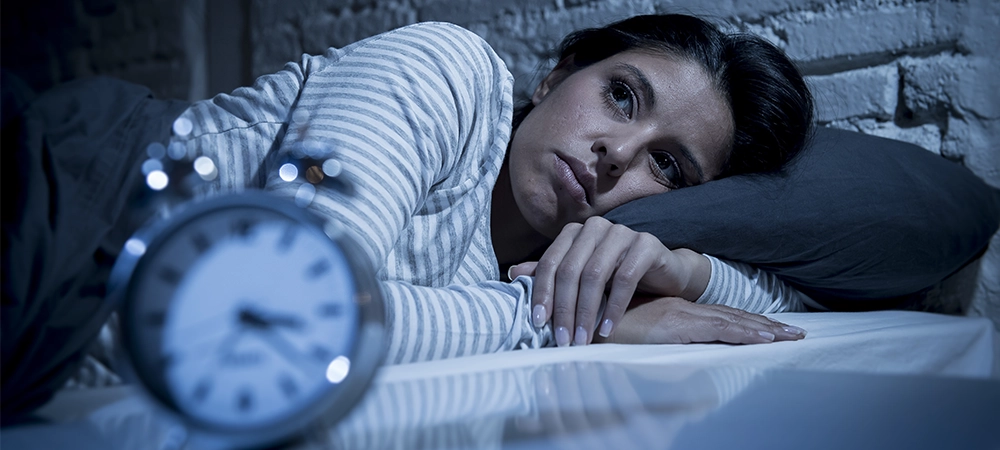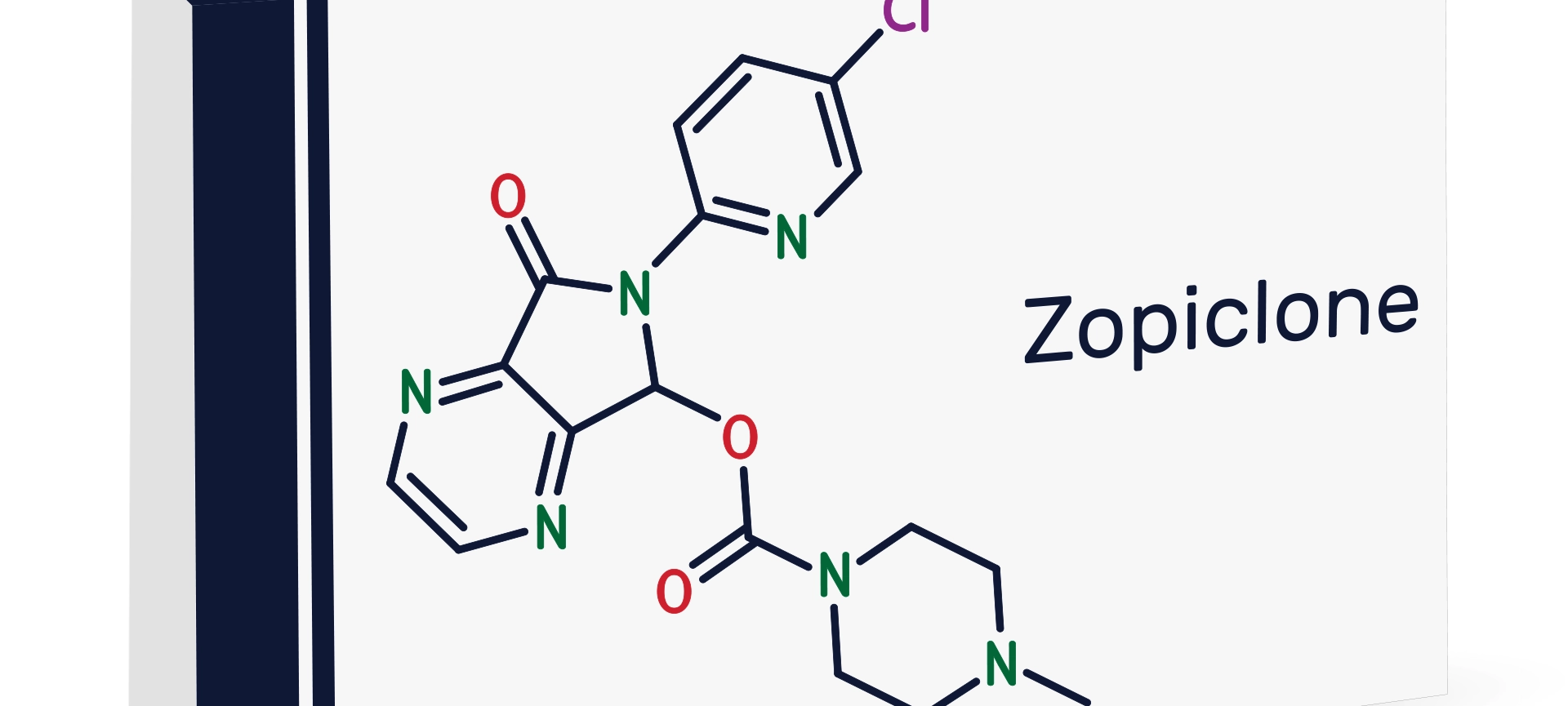Welcome to a comprehensive exploration of Zopiclone, a medication that can transform your sleep but also carries potential risks. If you’ve recently started using Zopiclone or are considering it, this blog is your roadmap to understanding its complexities and safeguarding against dependency.
Sleep, or the lack of it, can profoundly impact your life. When sleep eludes you, zopiclone, often prescribed to manage insomnia, can be a godsend. However, it’s crucial to recognize that this seemingly miraculous solution comes with challenges.
Our goal is to provide you with the knowledge to make informed decisions about your Zopiclone use. In the following text, we’ll delve into how Zopiclone functions and what to watch out for in your usage.
Recognizing the early signs of Zopiclone dependency is critical, and we’ll guide you through key indicators that should be on your radar. By understanding these signs, you can take proactive steps to avoid the pitfalls of addiction to Zopiclone.
Understanding Zopiclone: What is Zopiclone?
First, let’s talk about what Zopiclone is. Zopiclone is a medication commonly prescribed to treat insomnia. It’s sold under brand names like Imovane and Zimovane. This drug belongs to a class of medications known as sedative-hypnotics.
Essentially, it’s designed to calm your brain and central nervous system, making it easier to fall asleep and stay asleep. Zopiclone is effective in addressing various sleep problems, including:
- Difficulty falling asleep: If you find yourself tossing and turning for hours before drifting off, Zopiclone can be a game-changer.
- Waking up too early: Do you often wake up in the middle of the night and struggle to get back to sleep? Zopiclone can help you sleep through the night.
- Sleep problems caused by pain: Chronic pain can disrupt your sleep, but Zopiclone can provide relief.
- Waking halfway through the night: If you wake up frequently during the night, Zopiclone can help you achieve uninterrupted sleep.
However, while Zopiclone can be a valuable ally in your quest for better sleep, it’s essential to be aware of the potential for dependency. The next section will discuss key points to help you recognize the signs of the onset of Zopiclone dependency.
Related Article: What is Zopiclone?
Recognizing the Signs of Zopiclone Dependency
The following indicators are alarm bells signifying the need for possible professional intervention with Zopiclone abuse.
Strong cravings
You may start to feel a strong desire to use Zopiclone regularly. If you can’t imagine falling asleep without it, this could be a warning sign.
When you constantly long for the drug, it’s a red flag that your body and mind have become accustomed to its presence. These cravings can be psychological and physical, manifesting as an intense desire for Zopiclone to achieve the same calming or sleep-inducing effects it once provided.
The dependency on Zopiclone may lead to escalating doses to satisfy these cravings, intensifying the risk of addiction. Over time, the compulsion to use the drug can disrupt your daily life and overall well-being. If you or someone you know is experiencing these cravings, seeking professional help and support to address Zopiclone dependency and reduce the associated risks is essential.
Escalating Dose
If you find that the initial dose is becoming less effective, and you’re tempted to take more to achieve the same sleep-inducing effects, this is a red flag.
Initially, you’ll start with a prescribed dose of Zopiclone to manage insomnia or anxiety. However, as tolerance builds, the drug’s effectiveness diminishes, leading to a need for higher doses to achieve the desired effect.
This phenomenon, known as dose escalation, is a dangerous indicator of Zopiclone dependency. It suggests your body has adapted to the drug, and you have started to get psychologically and physically reliant on it. Increasing the dose without medical guidance can lead to a range of health risks, including Zopiclone dependency and possible overdose. Recognizing this pattern and seeking professional help is crucial to addressing Zopiclone dependency and preventing potential adverse consequences.

Failed Attempts to Quit
When you repeatedly try and fail to stop using Zopiclone, it signals a compelling need for the drug. Alongside, you may experience withdrawal symptoms, such as rebound insomnia or heightened anxiety, when you attempt to discontinue Zopiclone.
These symptoms are powerful motivators for returning to the drug, as you’ll find it challenging to function without it. These failed attempts to quit can lead to a cycle of continued use, making it imperative to seek professional help and support in breaking free from Zopiclone dependency.
Neglecting Responsibilities
If you prioritize taking Zopiclone over your daily responsibilities, it’s time to take a step back and assess the situation.
In the bid to use the drug, you may start to neglect work, school, or familial duties, leading to a decline in your overall functioning. Zopiclone dependency can disrupt your ability to meet commitments and engage in a productive life.
The drug takes precedence, and you may become increasingly isolated as they focus on obtaining and using it. This behavior impacts your well-being, strains relationships, and can lead to severe consequences in various aspects of life.
Doctor Shopping
Doctor shopping is a worrisome sign of Zopiclone dependency. It refers to the practice of seeking prescriptions for Zopiclone from multiple healthcare providers without their knowledge of each other.
Individuals engaged in doctor shopping often do so to obtain more of the drug than they would be able to through a single physician. Seeking multiple prescriptions or obtaining Zopiclone from different sources clearly indicates dependency.
This behavior can indicate a growing tolerance to Zopiclone, as it means you’ll now require higher doses to achieve the same effect, putting you at a higher risk of dependence and addiction. It’s a deceptive and dangerous practice that can lead to serious health consequences and legal issues.
Addressing the Potential Risks of Zopiclone Dependency
Recognizing these signs is the first step. But the most crucial part is addressing the potential risks and preventing Zopiclone dependency.
Here are six strategies to help you stay on the safe side:
- Use as Prescribed: Follow your doctor’s instructions meticulously. Do not increase your dosage or use Zopiclone for an extended period without medical guidance.
- Short-Term Use: Remember that Zopiclone is intended for short-term use. If your insomnia persists, consult your doctor to explore alternative treatments.
- Avoid Mixing with Other Substances: Do not combine Zopiclone with alcohol or other drugs. Mixing substances can heighten the risk of addiction and lead to harmful side effects.
- Regular Monitoring: Consult your healthcare provider if you rely on Zopiclone frequently to sleep. They can help you address underlying sleep issues or consider alternative treatments.
- Behavioral Therapy: Consider therapy, such as cognitive-behavioral therapy (CBT), which has proven effective in treating addiction.
- Support Groups: Joining a support group or attending addiction recovery meetings can provide valuable peer support, making your journey to recovery less lonely.
Related Article: Exploring Alternative Therapies for Addiction Treatment

Practice Safe Zopiclone Usage and avoid Dependency
Recognizing the potential risks of Zopiclone dependency and addressing them proactively will help you maintain a healthy relationship with this medication.
Sleep is essential, and so is your health. By staying informed and seeking support when needed, you can enjoy restful nights without falling into dependency. You’ve taken the first step by seeking information, and that’s a positive sign.
In Toronto, where you reside, resources are available to support individuals like you. Whether it’s counseling, therapy, or addiction treatment centers, you’re not alone in this journey.
Addiction Rehab Toronto offers varied inpatient and outpatient programs to deliver support with Zopiclone abuse and possible dependency where needed. Get in touch with us today!







